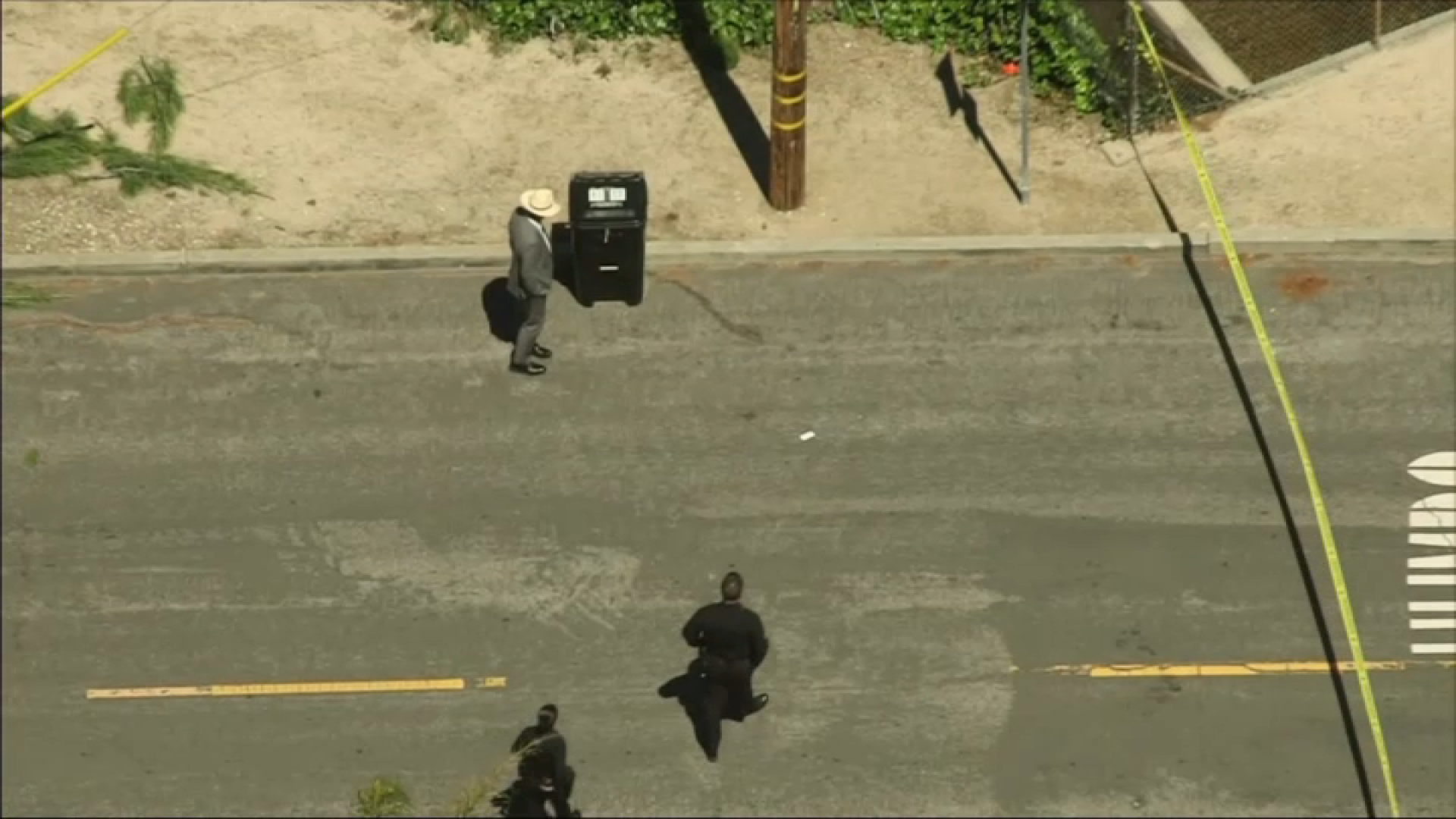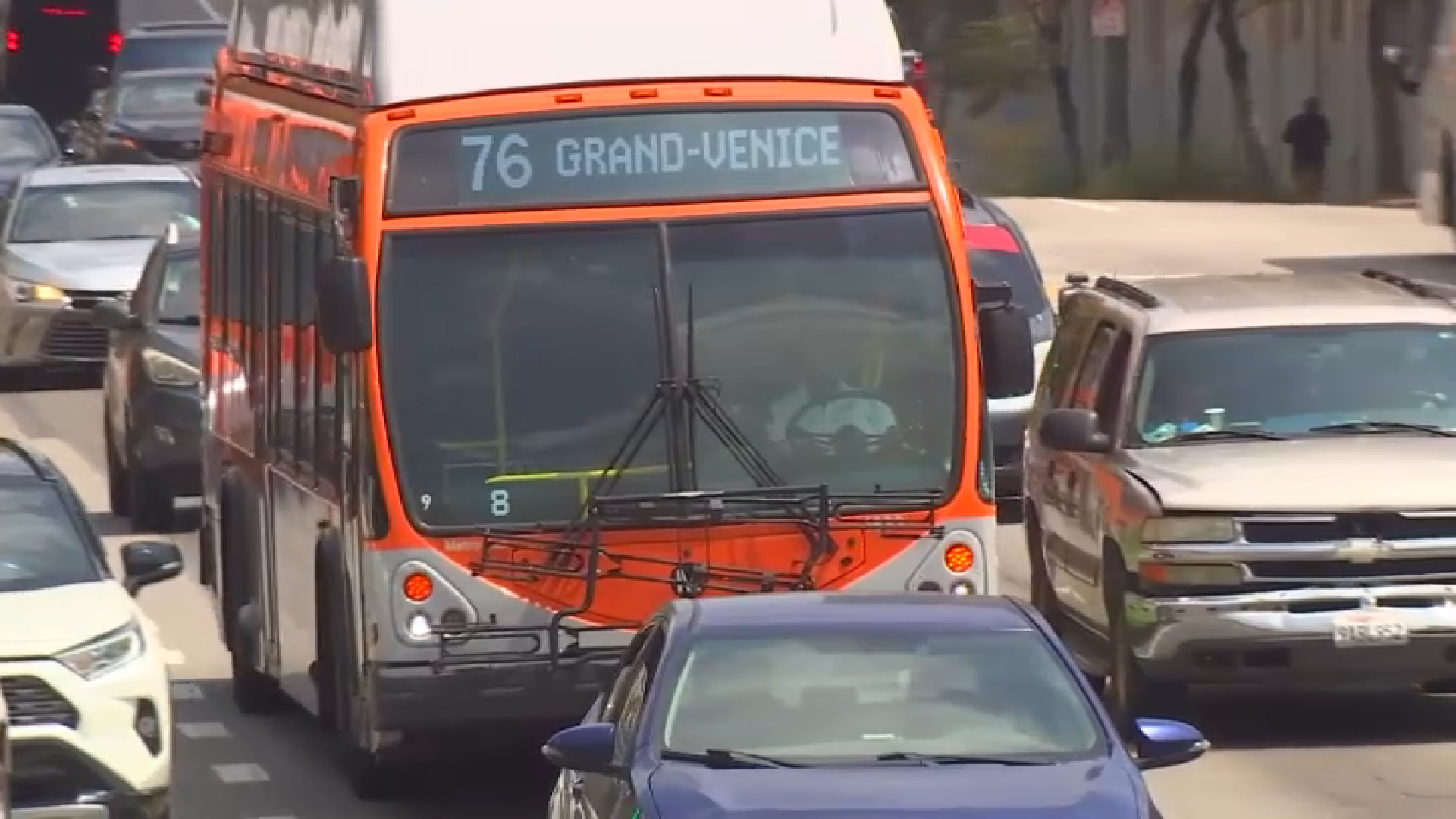The magnitude-5.8 earthquake that jolted a wide area on the East Coast Tuesday was a significant seismic event -- even by California standards.
Earthquake Section: Preparedness Information | USGS Virginia Earthquakes
But on the East Coast, earthquakes are rare and the shaking probably caught many off guard.
"An earthquake there is quite unlikely," said Dr. Lucy Jones, of USGS. "The fact that eventuallly there is an earthquake there is not a surprise because it's had earthquakes in the past. It's a recognized seismic zone, meaning it has had more earthquakes than we usually see on the East Coast."
The quake occurred within the Central Virginia Seismic Belt, where more than 200 quakes have been recorded since the late 1970s, according to USGS researchers.
Jones said a magnitude-3.9 quake was recorded in the region in 2003. A few months later, a magnitude-4.5 was reported in the same general area.
Local
Get Los Angeles's latest local news on crime, entertainment, weather, schools, COVID, cost of living and more. Here's your go-to source for today's LA news.
The U.S. Geological Survey said Tuesday's earthquake was half a mile deep. That is considered shallow.
The quake was centered 80 miles west of D.C., but it was felt in New York City, Detroit, North Carolina and Boston. USGS said the reason the earthquake was felt in such a wide area is because the ground under the East Coast is more attached because of a lack of earthquake faults.
"Rocks on East Coast are better transmitters of energy that rocks on the West Coast," said Jones. "Out here they are broken up. On the East Coast, the rocks are relatively intact. An intact bell rings louder than a cracked bell."
In California, underground faults break up the core underground and thus keep the earthquakes from spreading from one end of the state to the other.
There were no reports of damage or injury. Jones noted that building code in California doesn't allow for many of the types of structures found on the East Coast.
"We'd expect to see more problems in the type of buildings that we don't have here," Jones said. "On the other hand, you have to remember it seem about over 20 miles to the major cities. So a lot of people have not been exposed to the greatest shaking here."
Correction: A previous version of this article indicated Dr. Lucy Jones works for Caltech. She is a USGS seismologist.
Follow NBCLA for the latest LA news, events and entertainment: Twitter: @NBCLA // Facebook: NBCLA



